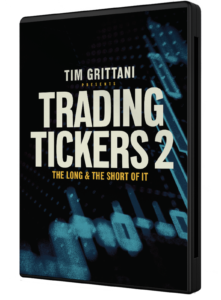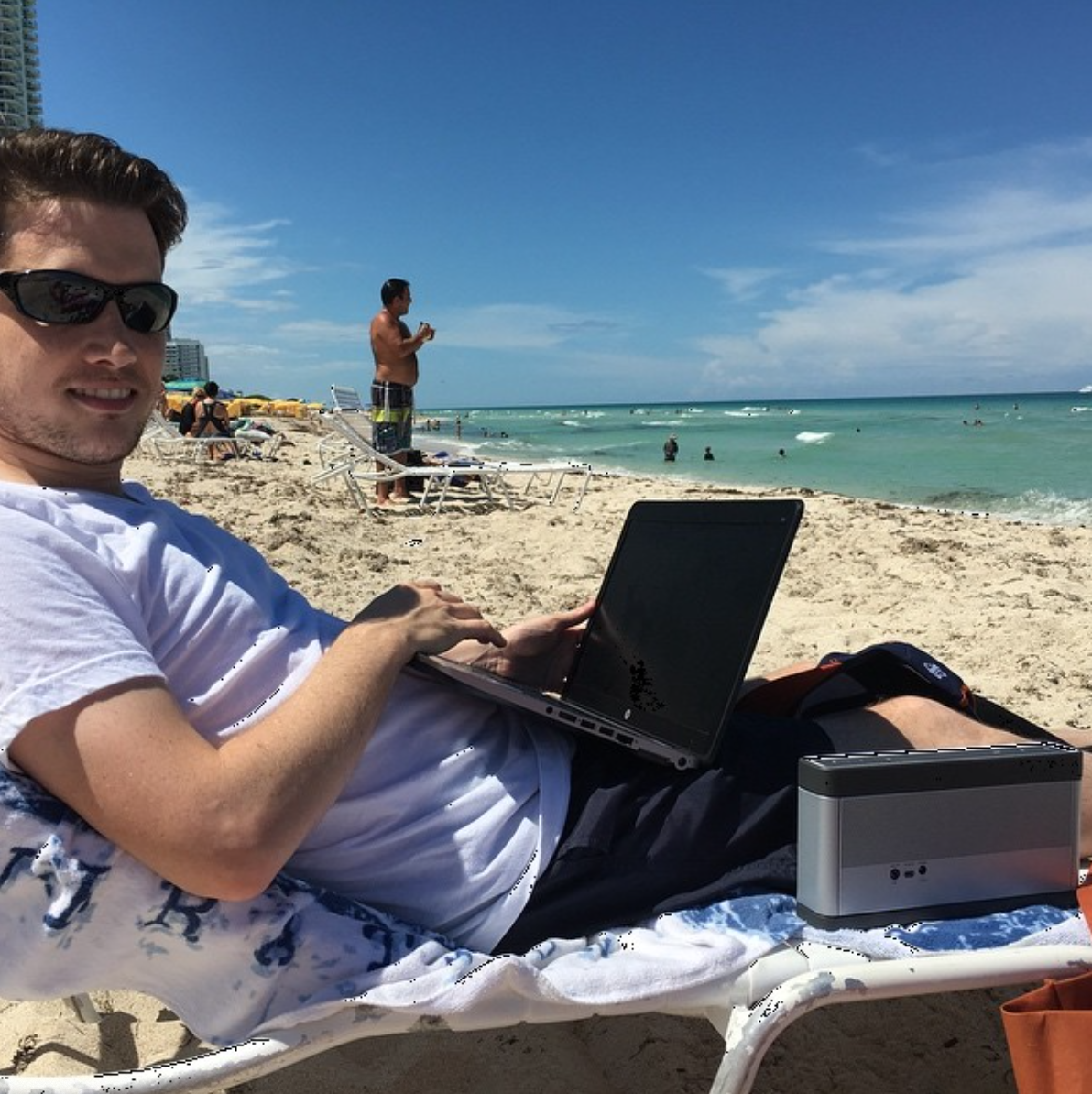Someone recently asked me when I knew I’d ‘made it’ as a trader…
I didn’t immediately know how to answer, which sent me down a long path of self-reflection.
I remembered wondering the same thing about traders I looked up to when I first started.
And I assume many of you have the same question for me.
You’re probably wondering … When will you know that you’ve ‘made it’?
While this always varies from trader to trader, there are a few common threads to look for to help you decide whether you’ve ‘made it’…
Step #1: Find a Strategy That’s Repeatable
Anyone can have a lucky streak in the stock market.
Even the most clueless of newbies could stumble into a prolonged series of big wins … accidentally.
Sure, it’s unlikely to happen to you. But with so many trades happening all the time, odds dictate that these scenarios happen more often than you might think.
All this to say, if you string a few solid trades together without a repeatable strategy, you haven’t ‘made it’ yet.
You simply got lucky.
And this is why it’s crucial to stay humble as a trader.
If you don’t, I promise that the market will eventually humble you in a much more financially devastating way.
When reflecting on my career, I think developing a repeatable strategy (that I could use over and over again) was the first step to ‘making it.’
I didn’t just use my strategy on a handful of trades and suddenly decide I was the next Warren Buffett…
I applied my game plan to hundreds of different setups and won on the vast majority of them.
Step #2: Prove That You Can Stay Disciplined
Developing a strategy is difficult — but executing on your game plan is even harder.
You only need to look at social media for a few minutes to see hundreds of clueless idiots rambling on about their incredible trading strategies…
But how many of these Twitter clowns can deliver consistent returns, year after year, and prove it? The answer: very few.
This is why you can’t call it a day after simply developing a strategy. You’ve gotta execute it.
The setups aren’t going to trade themselves … there’s still a lot of work ahead for you.
Approach your trading like a sports team takes on a big game. If they run their plays perfectly all week in practice, that’s great — but they’ve still gotta deliver the goods on game day.
Trading your own money is a whole different ball game than developing a strategy. Emotions quickly become many traders’ biggest enemy.
Some people can do incredible technical analysis, but once they start actively trading, it’s a disaster. They’re emotional wrecks. And they inevitably become part of the 95% of traders that FAIL.
In the end, it’s all about discipline. You’ve gotta keep your eye on the prize and your mind on your goals.
A big step to ‘making it’ for me was when I realized my discipline was surpassing any temptation to trade emotionally.
WARNING: We all have off days. If you trade for a long time (even the GOATs like Tim Sykes and Chuck Hughes), I guarantee you that at some point FOMO (or emotional trading) will creep up and bite you in the back. That’s okay. Cut the losses quickly and work to never make the same mistakes again.
Step #3: Trading Covers Your Living Expenses
The final step to ‘making it’ as a trader is less about trading and more about personal money management. Take it from a former accountant…
The bottom line is this — you haven’t ‘made it’ until your trading income can provide for 100% of your living expenses.
I have three kids, so I needed to make sure that trading could provide for my entire family before delusionally thinking I was a professional trader.
But I’m conservative with my finances. I always have been. I saved $50,000 from being an accountant before I started trading.
You need to be realistic about your lifestyle and determine how much money you need your trades to provide for you.
Additionally, you don’t want to pay yourself out of your account any more than you have to. After all, you should want that money in your account to trade more than some new pair of shoes or something.
But basic rent, utilities, food, water, shelter, entertainment — you need to make sure that your trading income is covering all of these before thinking you’ve ‘made it.’
Final Thoughts
It’s been a while, but I’d say it was around the $500,000 mark that I started to feel like I’d truly ‘made it’ as a trader.
Keep in mind that it took me six years from the time I started trading to get there.
Your road to potential trading success will probably be similarly long and challenging.
But if you stick with it, you could have the greatest job in the world.


